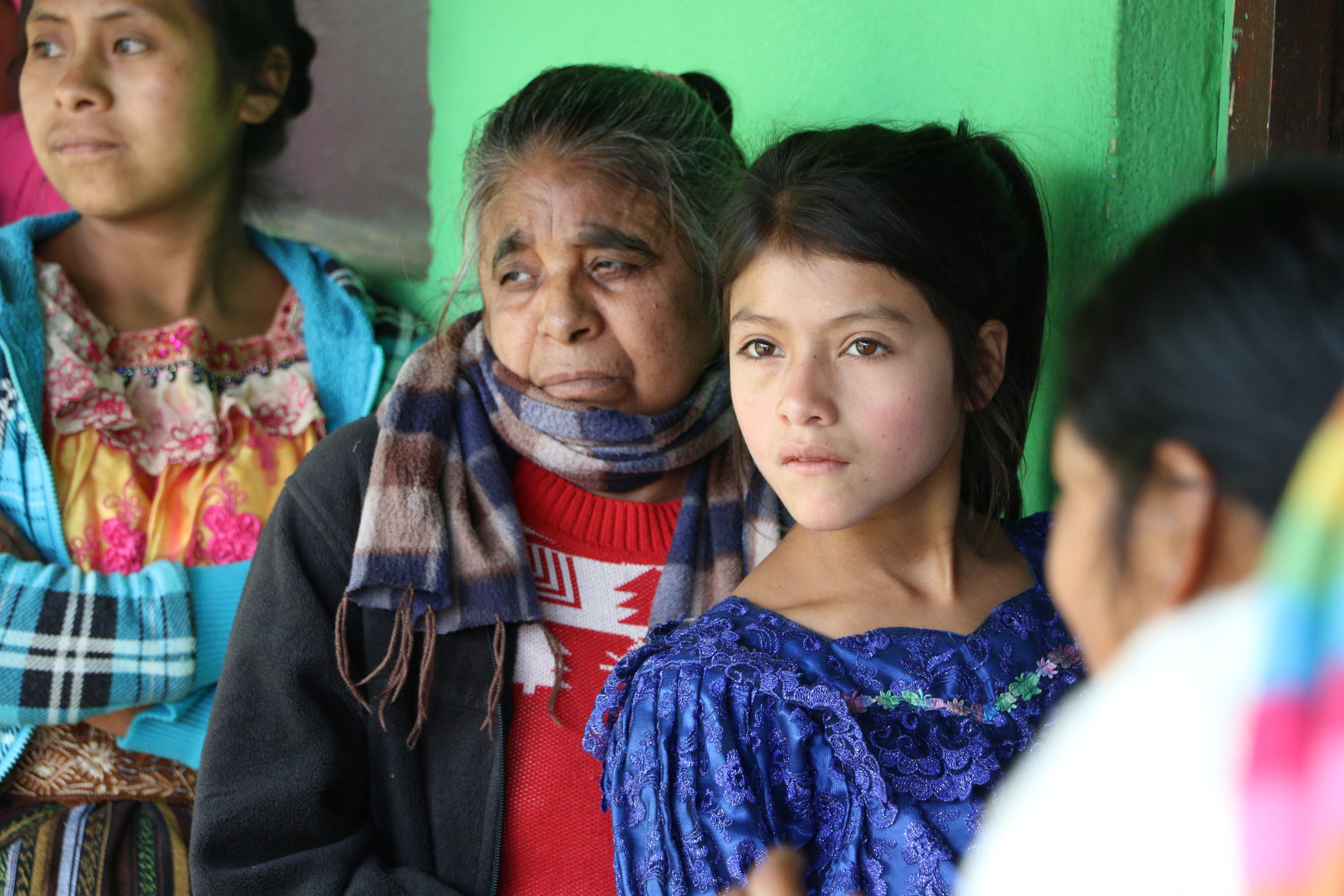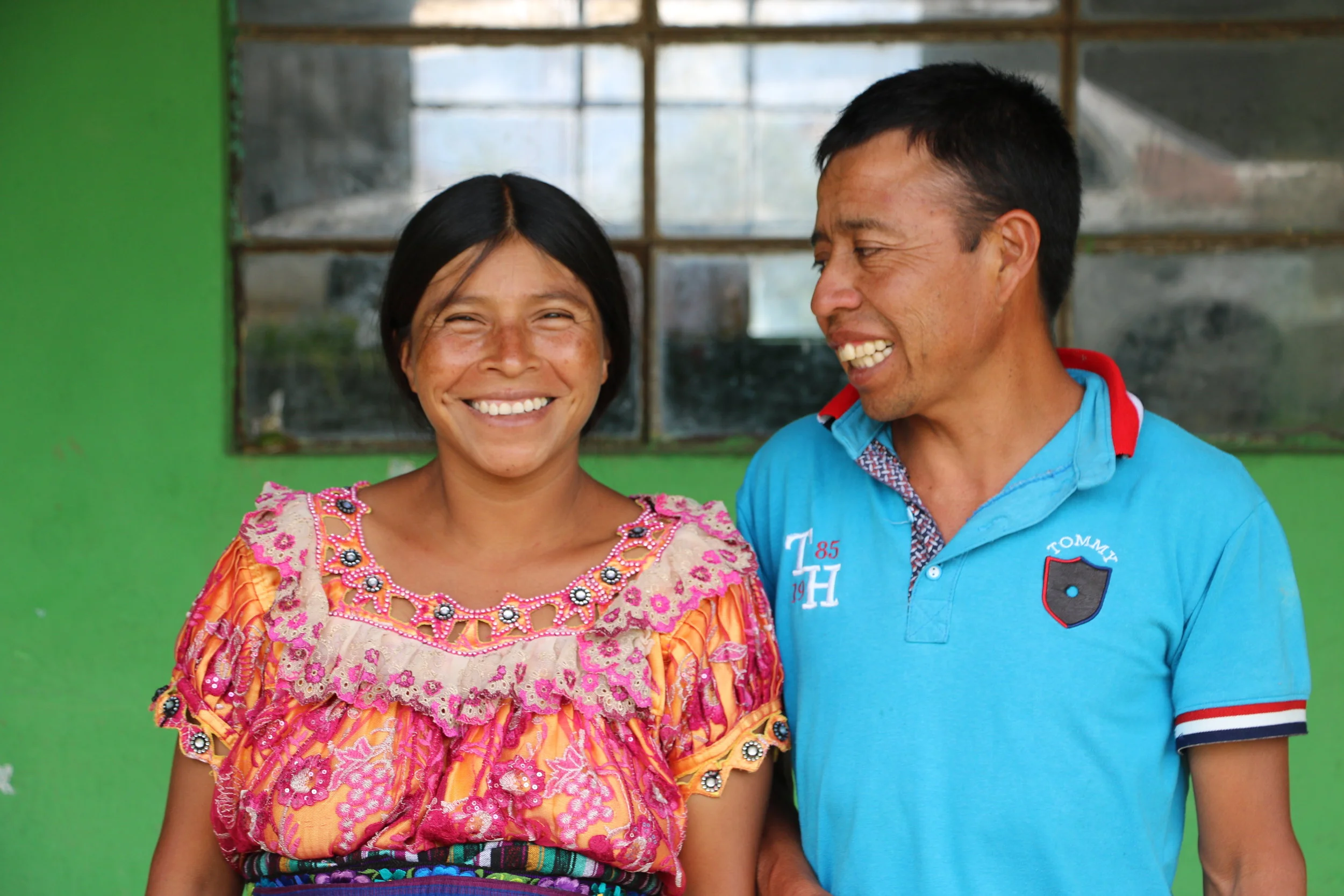To get to Pachoj, you need to be able to pronounce it. I’ll save you the suspense: you can’t, and I can’t either, although I did ask around enough to be able to spell it. If you flew to Guatemala, you have to leave the city, and you need to be on the road before one or two: all the switchbacks on the road up to Chichicastenango are good places to get run over by a truck, and twice as good after dark.
Waiting to see the doctors near Pachoj
To get to Pachoj, you’d better spend the night near Chichi. You’ll wake up early, finish last night’s dinner for breakfast, and drive up to Santa Cruz del Quiché. There’s a hospital there, and two doctors who, depending on the calendar day, will take you with them. They put on a medical clinic for the people of Pachoj once a month, and that’s all the medical care the village gets.
If you’re thinking about bringing Vine’s old van, or maybe your rental car, don’t. Neither will make it up the mountain. The medical staff will sit three across the backseat of their old 4Runner so that you can stretch your legs up front. Argue about that with them if you want; it won’t do you any good.
To get to Pachoj, you may learn, isn’t always possible. There aren’t two ways in. If it rained too much and the only road was blocked, you’d have to sit with the doctors while they figured out how to see their patients, some of whom had started forming a line this morning at midnight.
The doctors are married to each other, and their names are unusual for folks who grew up right there in Santa Cruz del Quiché. He’s Paul (“My dad really liked Paul Newman,” he says), she’s Lindsey (“They just liked the name.”). They’re the staff physicians for a medical mission called Agape in Action.
Otto and Miguel (physicians’ assistants), and Lindsay and Paul
Paul points the 4Runner back down the hill, away from Pachoj and to a dirt crossroads with an elementary school and a spare room. You can learn to spell this one too, but pronouncing Chujuyub is even tougher than Pachoj.
You can’t get to Pachoj, so Pachoj comes to you. Feet go where 4Runners can’t, so they walk. By the time you help the nurses unpack the truck, sweep the room, and set up the clinic, there are fifty people outside, lined up and chatting. It’s not eight o’clock yet.
Lindsay will come outside and tell the crowd that the doctors and nurses are there because they believe God loves the people of Pachoj, and that the clinic is a representation of that love. She says a prayer over everyone.
You’re obviously not from Pachoj or Chujuyub, so before Lindsay goes back in to start seeing patients, she will tell the crowd that you’re harmless, you’re visiting, and that in fact you had something to do with making sure they could receive treatment today. The medicine you helped unload and unpack - you acquired it, you shipped it, you got it through customs, and you made sure it got to Paul and Lindsey. But even if she hadn’t introduced you, the people of Pachoj seem pretty welcoming to foreigners, and even the ones who are really suffering (this is a clinic after all) still say good morning.
The doctors and nurses don’t take a break. They will give you a paper bag with PB&J, an apple, and some cookies, so until you’re ready, try to find a place where the dogs won’t sneak off with it. Everyone has brought their ID card and cash for the clinic fee, which won’t cover today’s gas and bag lunches, much less salaries for licensed physicians, nurses, medicines, and supplies. The line gets longer at first, and then by mid morning it starts shrinking.
You’ll meet pregnant mothers, proud fathers, folks fighting diabetes, kids with the flu, babies thriving, babies failing to thrive, mothers who weave to pass the time, men who grow corn on the land they bought with money they saved when they worked as a line cook in the 90s in Providence, Rhode Island. Have you been to Providence?
Some of them will let you take their picture. You tell them you’ll make them a print when you go pack to the city, and send it to them through Paul and Lindsay. You say you’ll also be showing the pictures to other people like you, who gave money to get medicine and supplies to the people of Pachoj. People want you to know how much they appreciate you doing that, and they don’t mind having their picture taken.
Things slow down with the last few patients. The nurses start packing things up, even while Lindsey is taking time with an older man who doesn’t look well. You can start putting containers back in the 4Runner. The PB&J is probably too soggy by now if you didn’t take a minute for lunch.
Dolores and her children
When you get back to town, maybe you can convince Lindsey and Paul to sit down with you and explain what you just saw. How often do they do this? (Every day.) How many clinics do they have? (21.) So, a different village for every day of the month? (Yes.) Are you tired all the time? (We sleep well.)
You will want to thank them for letting you visit Chujuyub, and the people of Pachoj. Until today you didn’t even know it was there, or that the people had no other access to medical care. You may want to tell them how much you appreciate the work they do, about how it really does reflect Christ’s love for people, and what a privilege it is to be involved.
They will correct you quickly, and tell you that they are the ones who are grateful. Without you, they could bounce around in that old truck, and they could be a great source of information regarding their neighbors’ diseases and illnesses. But “without Vine,” Paul will say, “we could diagnose, but we couldn’t treat. And what good would that do?”
Paul, Lindsay, and their staff don’t just diagnose. Because of you, they treat, they heal, and they act out what the love of Christ looks like for the people of Pachoj, and 20 other villages. Thank you!
Brady Greene
Executive Director
2018
Was an exciting year! If you gave to Vine, your gifts were turned into almost $20,000,000 in medicine, supplies, and wheelchairs. Our budget is $500,000, so that’s nearly $40 for every $1 you gave. That’s amazing.
It would never happen without you who give, and without our wonderful supply partners (like Joni & Friends/Wheels for the World, MAP International, Samaritan’s Purse, Blessings International, and so many more), and of course it can only happen because of the hundreds of men and women (like Paul and Lindsay) who live and work in hard-to-get-to communities like Pachoj.
We think it’s the most efficient and the most effective way to use what we’ve been given. If you’ve considered giving to Vine, the end of the year is a good time. We have $55,000 to go to reach our budget. Go to vineinternational.org/donate. We’ll multiply your gift, and we’ll get it to where people who need it most.
Thanks!





